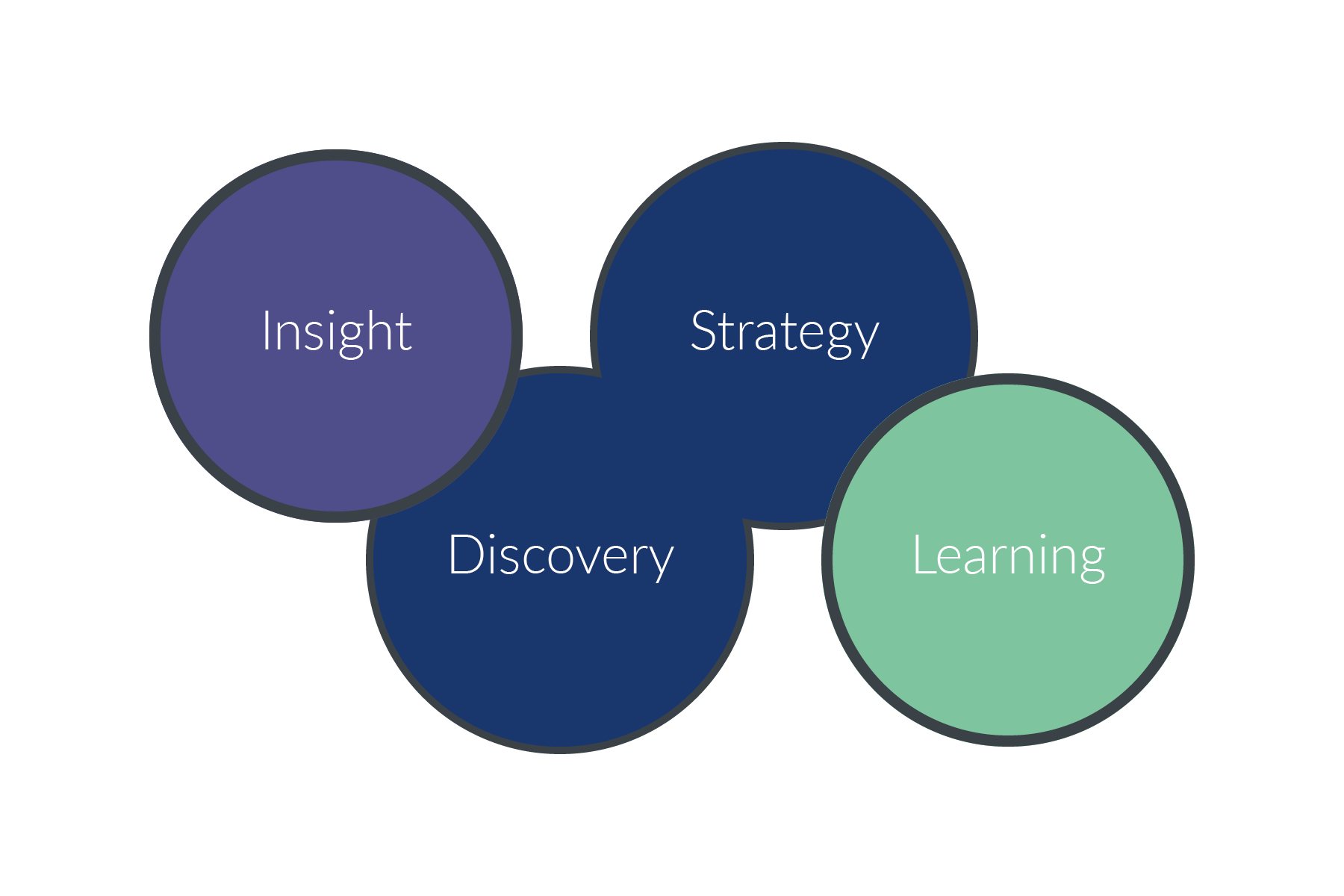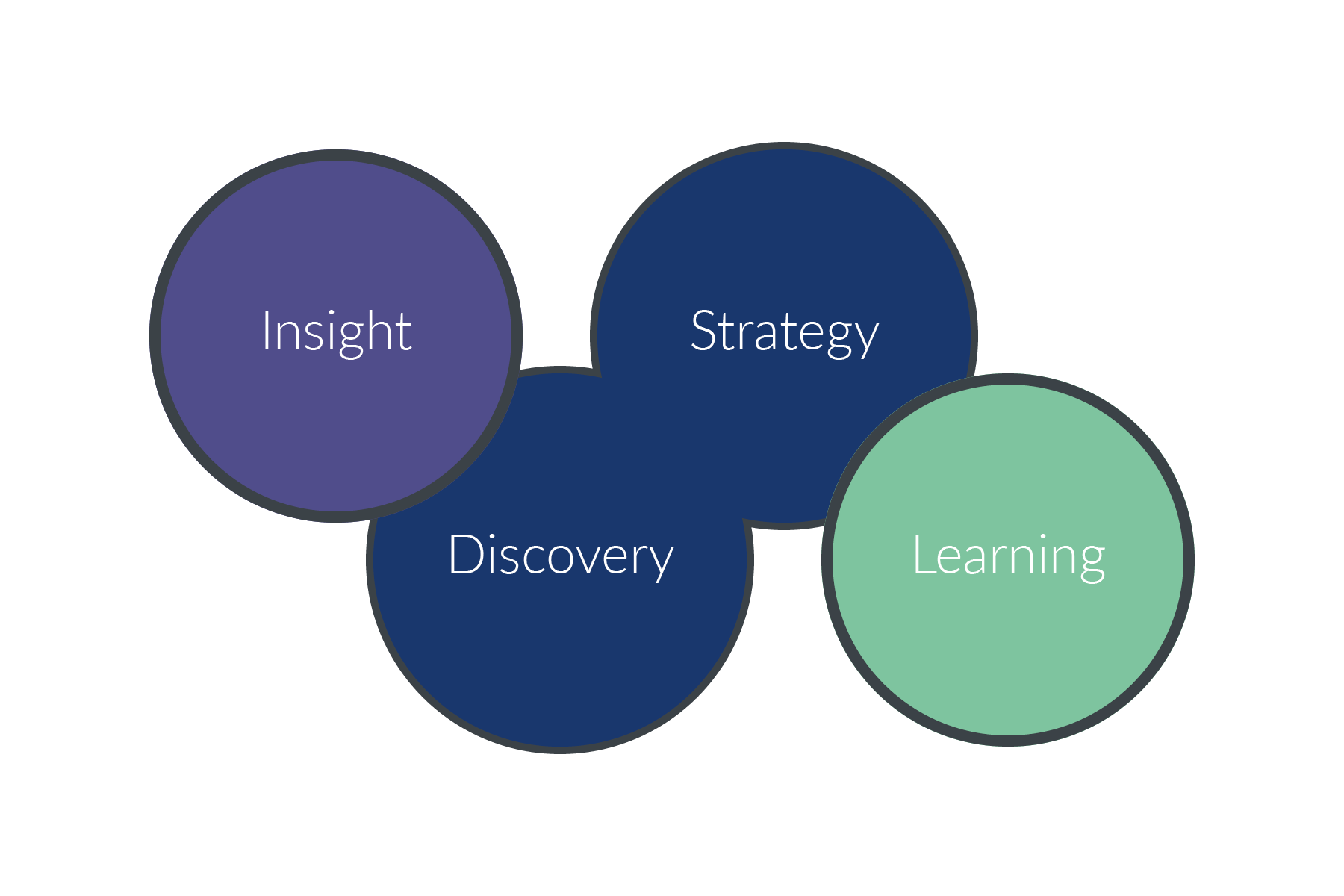Autonomy, mastery, and purpose are three key elements that contribute to employee satisfaction, motivation, and productivity. These factors were identified by Daniel Pink, a renowned author and expert on the science of motivation, in his book, "Drive: The Surprising Truth About What Motivates Us."
Autonomy refers to the degree of control an employee has over their work. It's about giving employees the freedom to make decisions about how they do their work, when they do it, and who they work with. Autonomy means that employees have a sense of ownership over their work and are trusted to make the right decisions.
Research shows that autonomy is essential for motivation and job satisfaction. When employees have autonomy, they feel more engaged in their work, have a greater sense of responsibility, and are more likely to take risks and innovate.
To foster autonomy in the workplace, managers can give employees more control over their work, such as setting their own goals, determining their own work schedule, and deciding how they will approach a project. It's also essential to provide employees with the tools and resources they need to do their work independently, such as training, technology, and access to information.
Mastery refers to the desire to improve and develop one's skills and knowledge. It's about the pursuit of excellence and the satisfaction that comes with making progress and achieving one's goals.
When employees have the opportunity to develop their skills and knowledge, they become more engaged in their work and feel a greater sense of fulfillment. Mastery also contributes to employee retention, as employees are more likely to stay with an organisation that supports their development.
To foster mastery in the workplace, managers can provide employees with opportunities for training, coaching, and professional development. Employees should be encouraged to set goals for themselves and given feedback on their progress. It's also important to create a culture of continuous learning, where employees are supported in their pursuit of knowledge and skill development.
Purpose refers to the sense of meaning and fulfillment that comes from doing work that is aligned with one's values and beliefs. It's about understanding how one's work contributes to a larger mission or goal and feeling that one's work is making a difference.
Research shows that purpose is a critical motivator in the workplace. When employees feel that their work has a larger purpose and is making a positive impact, they are more engaged, motivated, and committed to their work.
To foster purpose in the workplace, managers should communicate the organisation's mission and values clearly and help employees understand how their work contributes to these goals. Employees should be given the opportunity to participate in projects or initiatives that align with their values and beliefs. Finally, managers should recognise and celebrate employees' contributions to the organisation, emphasising the impact that their work has on the larger mission.
Autonomy, mastery, and purpose are three critical elements that contribute to employee motivation and engagement. By fostering these elements in the workplace, managers can create a more engaged and productive workforce. When employees have autonomy, opportunities for mastery, and a sense of purpose, they are more likely to be satisfied with their work, contribute more to the organisation, and ultimately achieve better outcomes.



